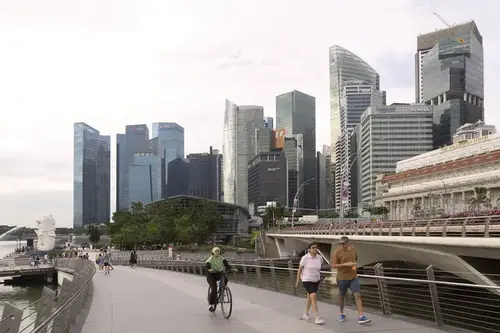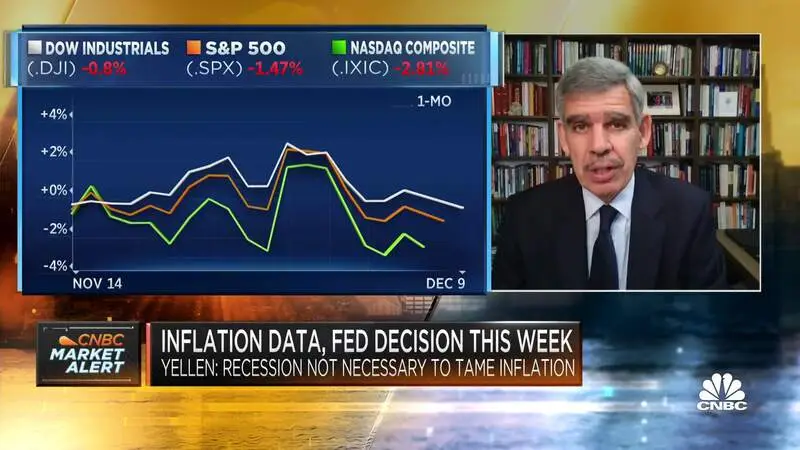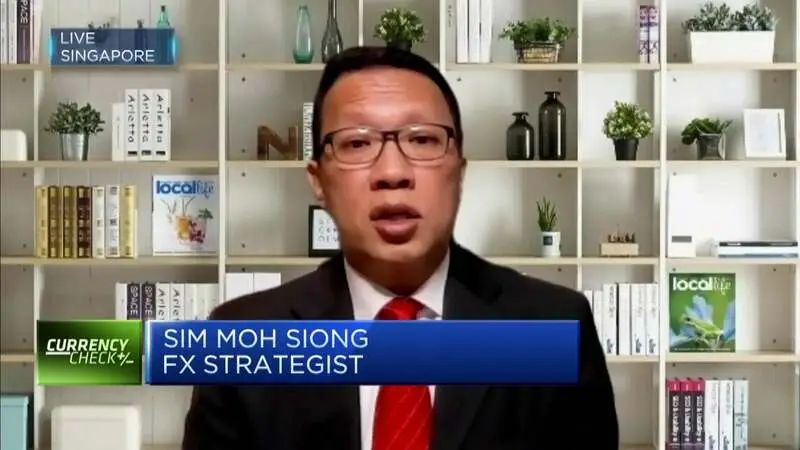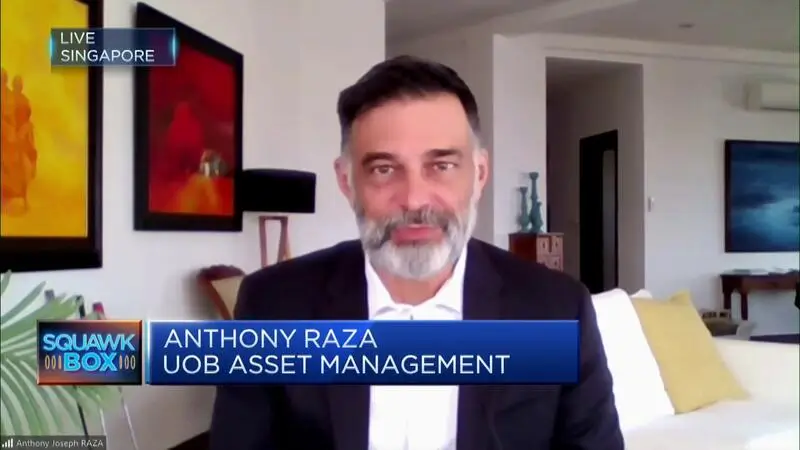
Singapore is set to hike its goods and services tax in January. Here's how it will work
Come Jan. 1, Singapore will raise its goods and services tax, otherwise known as the GST, from 7% to 8%. It's the first of two scheduled hikes of the GST, with the second slated to take place in January 2024, when the GST will be raised from 8% to 9%.
The GST is a consumption tax imposed on nearly all goods and services in Singapore. Starting Jan. 1, 2023, GST will be imposed on imported low-value goods valued up to S$400. Currently, only imported goods valued above S$400 are subjected to the GST. With the change, all goods and services imported into Singapore, including imported goods purchased online, will be subject to the tax.
Businesses based in Singapore with an annual turnover exceeding S$1 million (US$742,000) are required to register for GST and charge GST on all taxable goods at the prevailing rate.
Singapore's Parliament passed the bill to amend the GST in November, despite members of parliament from Singapore's opposition parties coming out against the hike, citing poor timing amid inflationary pressures.
Inflation rate in Singapore hit a 14-year high of 7.5% in August. Inflation has eased slightly in recent months, with November's annual inflation rate at 6.7%, but that's significantly higher than the 2% inflation that the country's central bank recommends for overall price stability.
Who will be affected most?
Economists who spoke to CNBC held conflicting views on whether the tax hike will hit the nation's lowest earners harder than others.
Singapore's lowest earners, whose wages are rising the least among all income groups, will also experience the biggest jump in household expenditure as inflation rises, according to DBS.
Low-income people tend to save less and consume more, said Antonio Fatas, professor of economics at INSEAD. "Given that this is a tax on consumption, the immediate effect might be felt more by them," he said.
Singapore recently made a S$1.4 billion increase to a $6.6 billion fund designed to cushion the impact of the GST hikes. Payouts from the Assurance Package, which now stands at S$8 billion, will be dispersed over five years starting December 2022. Up to 2.9 million adult Singaporeans are slated to receive cash payouts that vary depending on their income and property ownership status.

The Assurance Package is designed to cover at least five years of additional GST expenses for most Singaporean households, and about 10 years for lower-income households, according to Singapore's Deputy Prime Minister and Minister for Finance Lawrence Wong.
Euston Quah, head of economics at the Nanyang Technological University, said those offsets will spare low-income households from the tax hike's effects.
"The lower-income group will not be affected, as there are offsets, rebates, and sufficient transfers for them," Quah said.
Upper-income people will not be impacted much, Quah said, since they have the means to carry on with their lifestyles.
Middle-income Singaporeans could be the most affected by GST hikes, since they neither qualify for financial aid and rebates nor are they necessarily able to afford higher prices, he said.
Business sectors and price-sensitivity
Some business sectors may be more affected than others, depending on the "demand elasticities" of the goods and services they provide, Quah said. Elasticity measures how sensitive demand for a product is to changes in price.
Businesses selling products whose demand is highly sensitive to changes in price, such as luxury brands and fine-dining restaurants, will be more affected by the hike than businesses such as supermarkets that sell basic necessities, Quah said.

Ride-hailing services in Singapore are split in their responses to the GST hike. Grab will pass on the increased GST tax to its private-hire drivers, forcing them to absorb the additional cost, according to The Straits Times. Other ride-hailing services including Ryde told The Straits Times that commission fees will remain the same.
Grab and Ryde did not immediately respond to CNBC requests for comment.
Ride-hailing firm ComfortDelGro told CNBC that the company will extend its daily rental waiver of 15% until March 31, 2023 to help its drivers cope with the rising cost of living. Its commission fees will remain unchanged.
Most businesses should not be significantly affected by the hike, but charities and non-profit organizations may be, because they can't claim the GST incurred for free non-business activities, such as free medical services, said Ajay Kumar Sanganeria, partner at accounting firm KPMG.
A spike in purchases of big-ticket items is expected prior to the implementation of each GST hike, he added. Customers make purchases such as furniture and cars ahead of new taxes to avoid paying the added cost, Sanganeria said.
Why now?
There is "never a good time" for a rise in GST rates, said Sanganeria.
"Even before the pandemic, it was pertinent for Singapore to increase its tax revenue to fund social spending, given Singapore's aging population and the rising healthcare and infrastructure costs," he said. The pandemic has increased that healthcare expenditure.
Singapore has spent a total of S$72.8 billion on Covid-19 support and recovery measures over the last two financial years, with public health expenditure accounting for more than S$13 billion.

"It is not difficult to realize that Singapore needs to find more fiscally sustainable ways to fund its social, environmental and healthcare needs."
The number of citizens aged 80 and above has increased by over 70% since 2012, according to this year's population report. By 2030, around one in four of Singaporeans will be 65 or older, the report says.
According to Singapore's Ministry of Finance, healthcare spending is expected to increase from S$11.3 billion today to S$27 billion by 2030.
Singapore is one of the fastest-aging countries around the world due to low fertility rates and longer life expectancies.
How Singapore compares with other countries
After the two-step rate hike to 9% from Jan. 1 2024, Singapore's GST rate will remain one of the lowest in Asia-Pacific, said Chew Boon Choo, partner of Indirect Tax at consulting firm Ernst & Young Solutions.
As of January of this year, most Asia-Pacific countries had a goods and services tax of more than 7%.
China's goods and services tax is 13%. The Philippines and Vietnam have a goods and services tax rate of 12% and 10%, respectively.
Taiwan has the region's lowest goods and services tax at 5%, according to EY.
Other countries in the region have raised their goods and services taxes recently. Indonesia, which raised its rate from 10% to 11% from April of this year, plans to go to 12% by Jan. 1 2025. Japan's consumption tax rate is now 10%, up from 8% before October 2019.
In August 2021, the Thai Cabinet approved the extension of the reduced Value Added Tax (VAT) rate of 7% for another two years in light of economic pressures caused by the Covid-19 pandemic. The VAT rate will revert to 10% late next year if there is no further extension.






